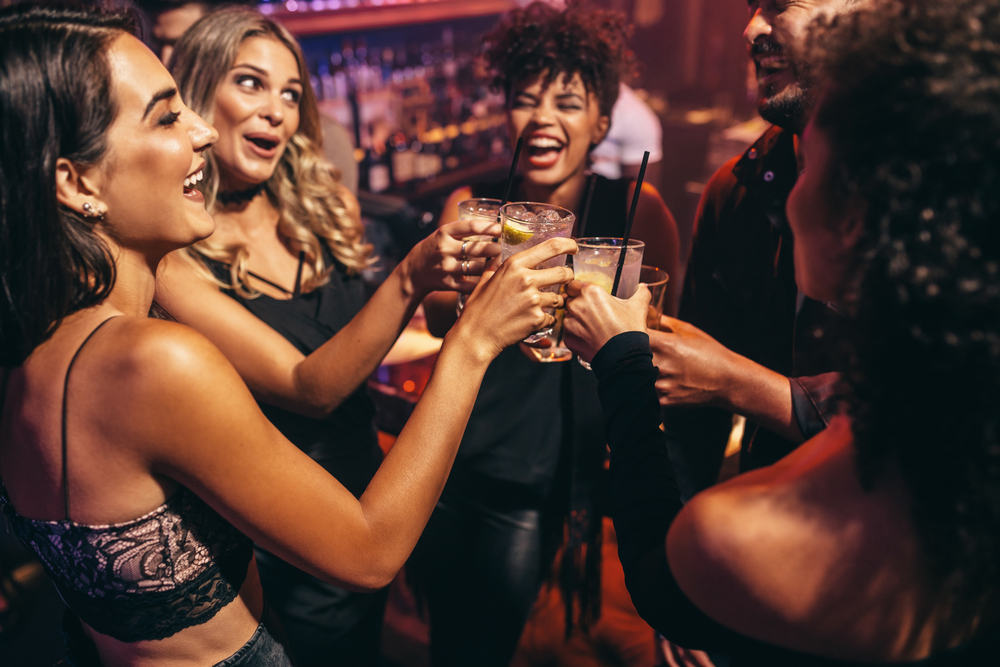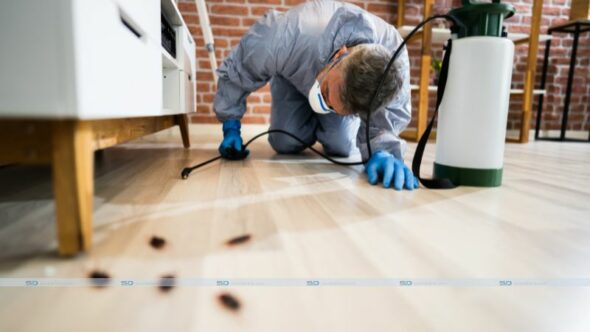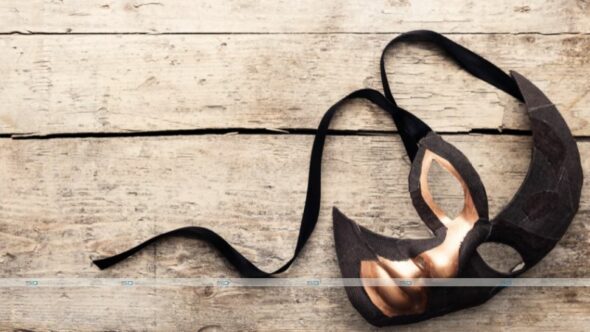Social Drinking
Drinking is a social activity in most communities around the world. After the day’s events, colleagues meet to decompress, while an auspicious occasion is crowned with a few rounds of alcohol.
What is social drinking?
Social drinking is taking alcohol in a formal social setting, such as a bar or restaurant. For long, studies have warned that alcohol consumption is risky for your health. However, when taken in limited quantities in packages like the pink gin miniatures, alcohol not only gives a buoyant feeling but also improve your social cohesion. So, let’s take a look at the benefits of social drinking that will be a reason to continue imbibing on to your favorite brand.
1. Alcohol enhances social interaction.
Over the years, alcohol has been used as a social lubricant. New research reveals that alcohol consumption -of course, in moderation- may improve a person’s well-being. The University of Oxford has investigated to ascertain whether a drink or two plays a role in enhancing social interaction.
Research shows that social bonding was enhanced when randomly picked strangers met. Their discussion was livelier and engaged than the group of three non-alcoholics.
2. Alcohol boosts one’s mood.
Alcohol affects the normal brain functions, therefore, your mood and behavior change when you are drunk. No wonder, many people will feel relaxed when they imbibe on a glass of alcohol. Alcohol has some content that binds to the receptors in the brain. It, in turn, boosts the dopamine levels, which then activates pleasure. Caves Coastal Bar & Bungalows is the best place to unwind and catch up with your friends.
3. Alcohol reduces tension and anxiety.
When you take little doses of alcohol, you always seem less affected by earlier events that were previously annoying or frustrating. Instead, you connect more with the people in the immediate environment.
4. Alcohol helps to ignore threats by narrowing focus.
When you take alcohol in moderation, or just within the first few sips, you are mildly intoxicated. The current pleasant or non-threatening state e.g.-chatting with friends- your brain is not likely to have the energy to worry about other stressful circumstances.
Features of Social Drinking
There are a number of ways to identify a social drinker. One is a social drinker if:
- Drinking is an occasional social activity.
- Do not need to drink to have a great time.
- Do not do or say things you later regret while you were drinking
- Do not much of your time thinking about the booze.
- Never get in trouble because of taking alcohol.
- Do not feel the need to control your alcohol intake.
The Thin Line Between Social Drinking and Drinking Problem
If you are drinking socially but, in closeintervals, you are crossing the line to problem drinking. More than four drinks a day or fourteen drinks in a week, you are drinking heavily. Apart from frequent drinking, what are other warning signs that you have a drinking problem?
- Taking alcohol even when there is no reason warranting drinking. For instance, when you are under medication.
- Feeling guilty that you took a drink when you have promised yourself not to.
- Failing to meet the goals you have set to cut back or stop the drinking habit.
- When you deceive family and friends about your drinking habit or hide details about your drinking behavior.
- Finding excuses to go for a drink.
- If you have been confronted by a concerned party about your drinking.
- Neglecting your responsibilities e.g., your family or job.
Finding Help
It is crucial to seek help if you are having a drinking problem. You can set goals or seek the help of a professional to help you scale back.
If peer pressure is the reason you cannot stop, consider hanging around non-alcoholic friends and opt for best non alcoholic beverages instead. They will influence you to choose other healthy lifestyle.







